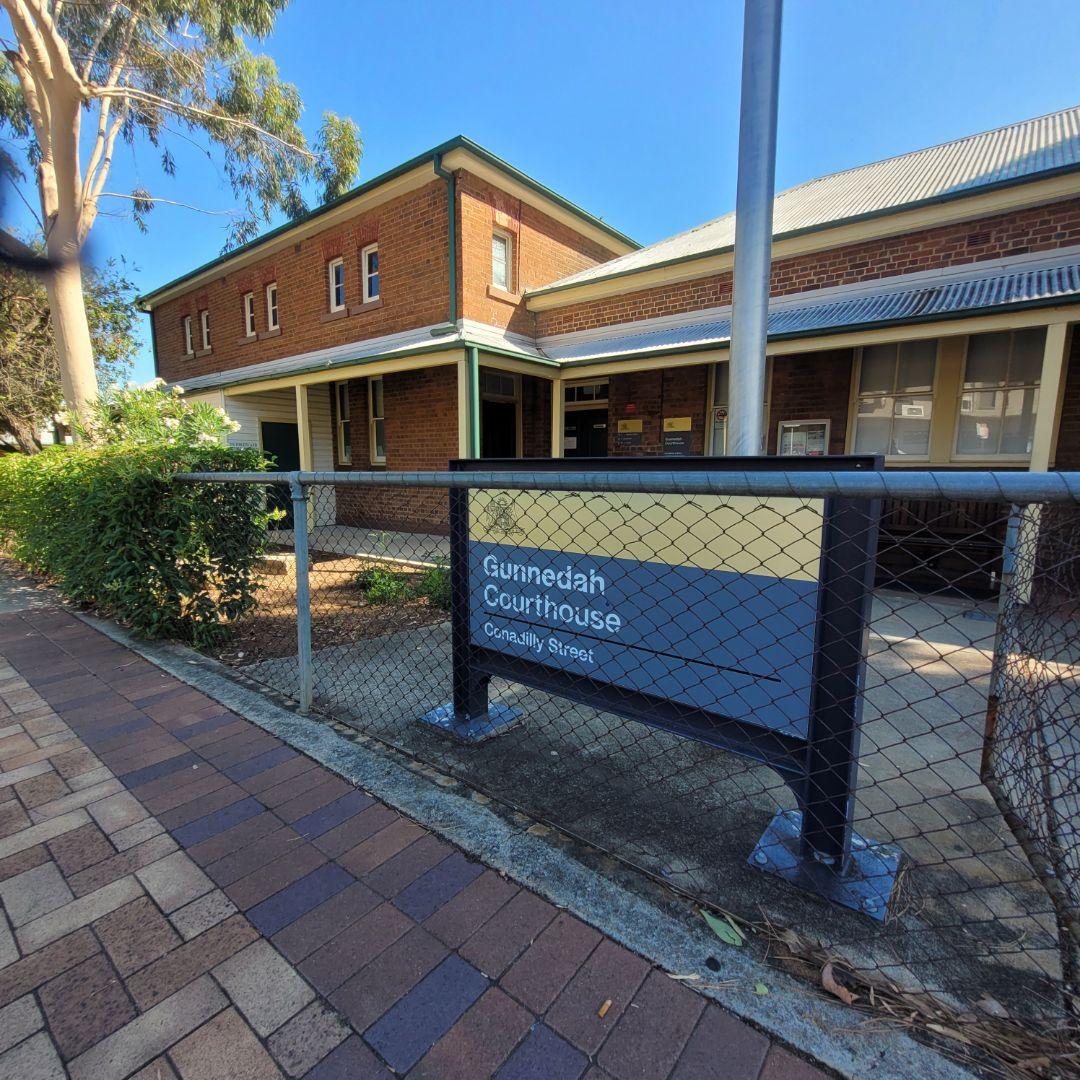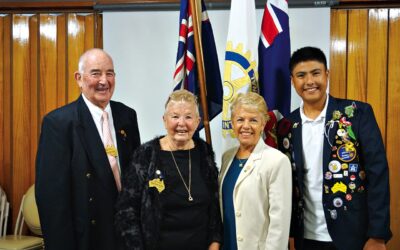The Deputy State Coroner has recommended NSW Police receive more training about the risks of prone restraint after the death of a Gunnedah man almost four years ago.
The ruling was among several recommendations handed down by Magistrate Elizabeth Ryan last week, including to NSW Ambulance and the local health district, after the coronial inquest into the death of Michael Peachey.
Mr Peachey, 27, died during a prolonged episode in which police officers were attempting to restrain him at a Gunnedah home on May 20, 2021. The coroner said it is most likely that at the time, Michael was in the grip of an undiagnosed psychosis.
A 22-day coronial inquest into Michael’s death included several hearings at the Gunnedah Court House in late 2022.
The court heard oral evidence from 31 witnesses including members of Michael’s family, other eyewitnesses, and many NSW police officers, ambulance officers, and hospital staff.
Findings into that inquest were handed down last Thursday by the Deputy State Coroner.
The magistrate prefaced the court’s findings with an overview of the effect Michael’s death has had on all family, friends and first responders.
“Michael’s young death in such traumatic circumstances has brought profound grief to his family,” she said.
“Michael was the father of a three year-old-boy Dwayne, and he was much loved by his own father Stephen, his sisters and brothers, his former partner, and his large extended family of cousins, aunt and grandmother.
“Nothing compares to the grief a family suffers at the loss of a loved one. But Michael’s death impacted many others who were drawn into the crisis that night. Two police officers in particular were very closely involved. Without doubt the situation they faced was volatile and unpredictable, and for much of it they had to manage without the help of police or medical backup. The tragic outcome has left them deeply shaken.
“Nevertheless, Michael’s young life was lost amidst decisions which they and others made that night. This is why the response which the attending police and ambulance officers made to Michael’s crisis was closely examined in the inquest. This is hard, because it is an examination made with the benefit of hindsight, and far removed from the chaos and confusion of that harrowing night. But a hindsight examination is truly the work of the coronial inquest.”
The inquest heard Michael smoked marijuana daily before progressing to “meth” in 2017 in the days leading up to his death, had various interactions with Gunnedah police, ambulance and hospital personnel. Many related to Michael’s increasing “erratic” and unusual behaviour which included driving a vehicle onto the railway line. He was transported to Gunnedah Hospital for an assessment of his mental health but volunteered to leave early before the assessment was carried out.
On the night of Michael’s death, events began with his very disturbed behaviour at his Gunnedah home, which prompted his family to again seek police help. There was then an altercation with two police officers outside the home, following which Michael ran down the road and into another house. A prolonged struggle with police then followed, during which a team of two NSW Ambulance officers arrived. It was there that Michael’s fatal collapse took place during the arrest process.
The cause of death was determined as a result of “cardiac arrest due to cardiac arrhythmia, on a background of prone restraint (some of which was weighted); the administration of droperidol and midazolam; and a period of exertion in which he suffered the effects of oleoresin capsicum spray, taser discharges and psychosis”.
Key to the inquest recommendation was the coroner’s question: ‘Did the police officers comply with policy and training, by not moving Michael out of the prone position?’
The magistrate said events during the arrest unfolded with great rapidity and unpredictability, over a period of 43 minutes. Witnesses described how police attempted to allow Michael to stand up several times before he began fighting again. Police also described Michael’s strength as “unbelievable”.
“The strength that he had was – I can’t even describe it,” one officer told the inquest.
The magistrate said there were episodes of violence and extreme emotion, which every person found to be distressing and deeply disturbing. But in her view, the police officers maintained the prone position for longer than was necessary.
“I accept (the officers) held a belief that prone restraint of Michael continued to be necessary, and further that this flawed assessment was likely associated with their state of physical and emotional exhaustion. But while this may help to explain their failure to move Michael into a safer position, it cannot alter the fact that their omission to do so represented a non compliance with NSW Police Force training and procedures,” the magistrate said.
“I have concluded that there is a need for policies and training to urgently address this specific knowledge gap.”
Shortcomings of NSW Ambulance personnel were also addressed by the inquest which highlighted the need for health professionals to maintain a high degree of vigilance in monitoring a sedated and physically exhausted patient, particularly in the prone position. As one expert witness said: “Being restrained prone when you’re physiologically exhausted is potentially lethal and that needs to be understood by professional groups, police and paramedics”.
The magistrate said Michael’s death had already “driven significant changes in paramedic procedures”. The court heard that in 2021, NSW Ambulance performed an audit of the clinical management of acute behavioural disturbance, in particular following the administration of sedation.
NSW Ambulance’s new clinical procedure protocols now include a Sedation Safety Notice and a Sedation Clinical Procedure, which among other measures, will help identify that certain patients are at increased risk of deterioration with sedation, such as those who are affected by drugs or alcohol, and those who are physically or mechanically restrained.
In the recommendation to the health district, the deputy coroner accepted the submission based on the expert evidence at inquest, that Gunnedah Hospital required a more suitable follow up plan to deal with Michael’s premature departure.
The magistrate noted the view of expert witness that the hospital’s existing plan, which was to notify police that the patient had left: ‘ … would not be considered a satisfactory standard of care for someone with a psychotic condition’.
The deputy coroner concluded the inquest findings by highlighting the need for change.
“This inquest will not bring Michael back to the family who love him. They will never forget the heartbreak of his passing, and their lives have been forever changed. On behalf of everyone at the Coroners Court, I offer them my deepest sympathy,” the magistrate said. “I hope there will be at least some comfort for Michael’s family, in knowing that NSW Ambulance and senior members of the NSW Police Force acknowledge the profound tragedy of Michael’s death, and the need for changes in their response to people who are in his situation.”
Read the complete findings from the Inquest into the death of Michael Peachey here.
To order photos from this page click here



